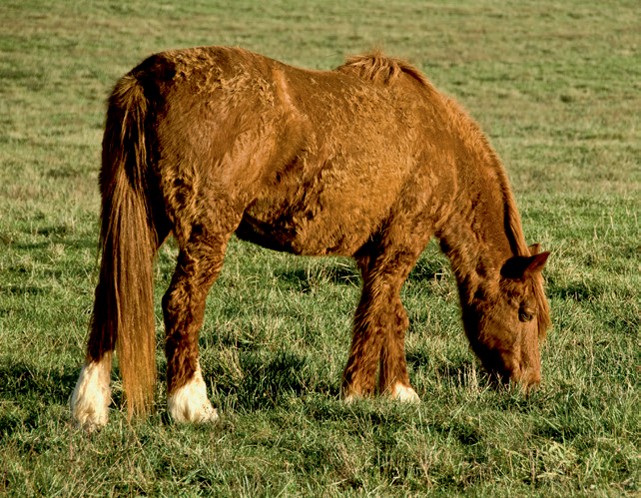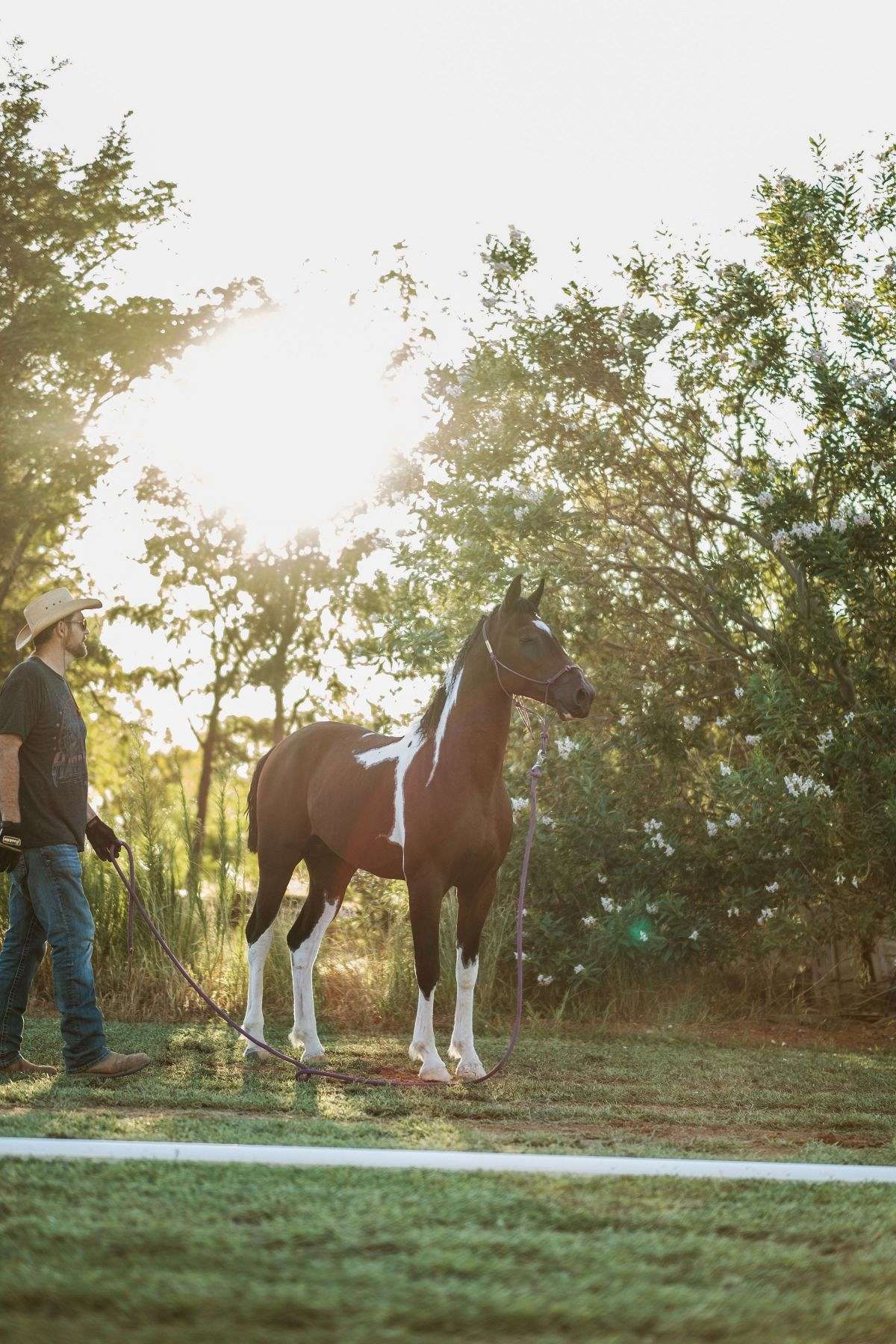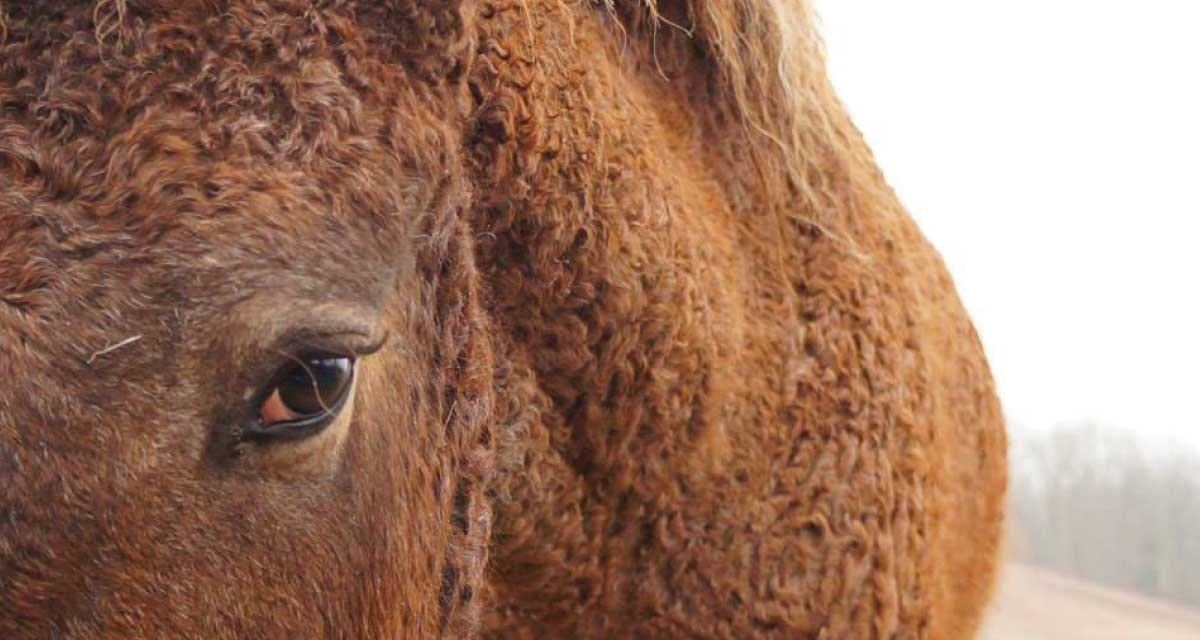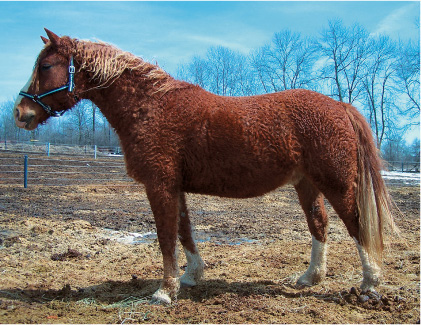The Curly Horse: A Hypoallergenic Equine?

The curly horse, also known as the Bashkir curly horse or American Bashkir Curly, is a unique breed renowned for its distinctive curly coat and reputed hypoallergenic properties. This article explores the characteristics of the curly horse, its hypoallergenic potential, and what makes it a fascinating choice for equine enthusiasts with allergies.
What is a Curly Horse?

The curly horse is a rare breed characterized by its curly hair, which can range from tight ringlets to loose waves. These horses come in various colors and sizes, often exhibiting a calm and friendly temperament. Their curly coat is not just a visual trait but also believed to have unique properties that may reduce allergic reactions in sensitive individuals.
| Feature | Description |
|---|---|
| Coat Type | Curly, ranging from tight curls to wavy textures |
| Size | Medium to large, typically 14-16 hands high |
| Temperament | Gentle, intelligent, and calm |
| Origin | North America, with roots tracing back to Siberian Bashkir horses |
Hypoallergenic Qualities of the Curly Horse

Many people with horse allergies report fewer symptoms when around curly horses. This has led to the belief that curly horses are hypoallergenic. The primary reasons include:
- Unique Coat Structure: The curly hair may trap dander and allergens more effectively, preventing them from becoming airborne.
- Lower Shedding: Curly horses tend to shed less than other breeds, reducing the amount of loose hair and dander.
- Different Protein Composition: Some studies suggest that the proteins in curly horse hair and skin differ from those in other horses, potentially causing fewer allergic reactions.
However, scientific research on this topic is limited, and individual reactions can vary. It’s always recommended for allergy sufferers to spend time with a curly horse before making a commitment.
Caring for a Curly Horse
Maintaining the curly coat requires specific grooming techniques to preserve its texture and health:
- Use gentle, sulfate-free shampoos designed for curly hair.
- Avoid over-brushing to prevent frizz and damage.
- Regularly check for skin conditions, as the dense coat can sometimes trap moisture.
Proper care ensures the horse remains comfortable and its coat retains the hypoallergenic qualities.
Frequently Asked Questions (FAQ)
Q1: Are curly horses completely allergy-free?
A1: No horse is entirely allergy-free, but many people with allergies find curly horses more tolerable.
Q2: Can curly horses be used for riding and work?
A2: Yes, they are versatile and can be used for riding, driving, and various equestrian activities.
Q3: How do I know if I am allergic to curly horses?
A3: Spend time around them and monitor any allergic reactions before deciding to own one.
Q4: Where can I find curly horses?
A4: They are primarily found in North America, with breeders specializing in the breed.
Conclusion
The curly horse offers a unique blend of beauty, temperament, and potential hypoallergenic benefits. While not guaranteed to be allergy-free, their distinctive coat and lower shedding make them an appealing option for those sensitive to horse allergens. As with any animal, personal experience and care are key to a successful relationship.
Whether you’re an allergy sufferer or simply intrigued by this rare breed, the curly horse stands out as a fascinating equine companion worth exploring.
